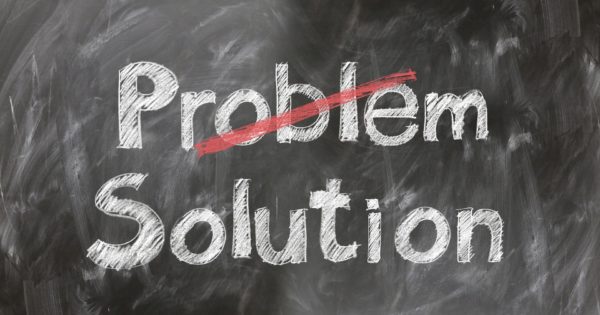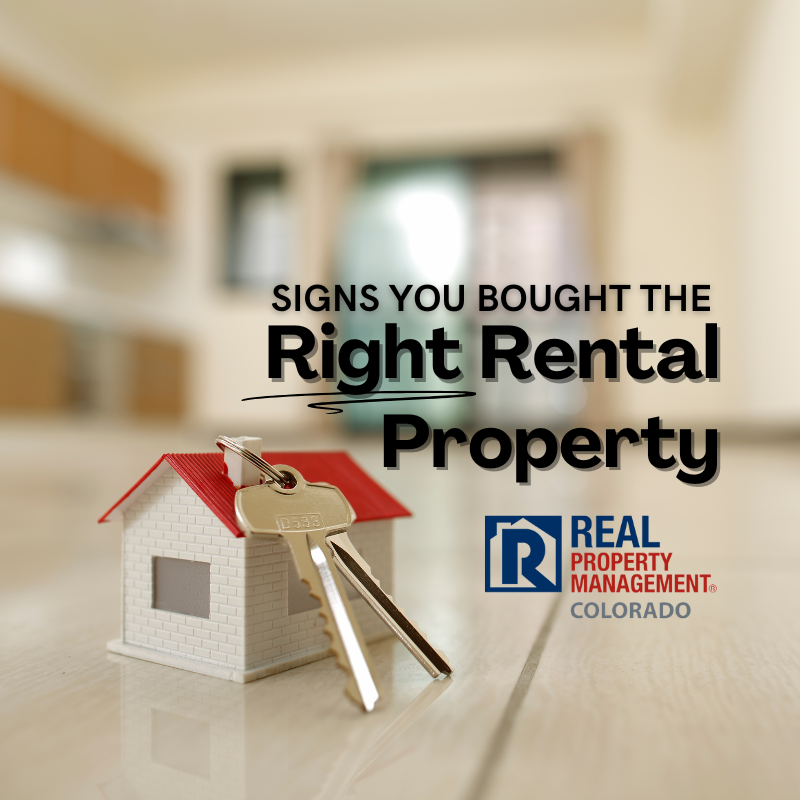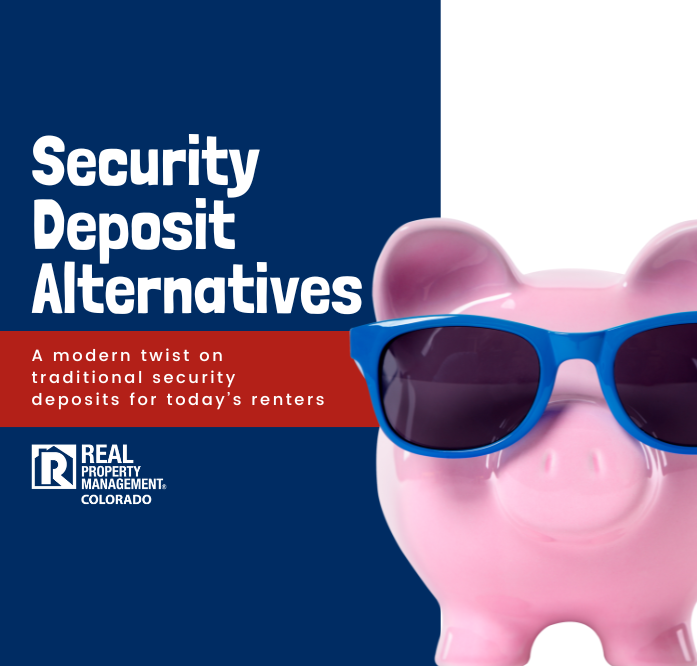While being a landlord in Denver can be very profitable, it can also be very stressful. Combine high rents and steep competition and you have a fairly contentious environment to navigate. And that’s not even counting the day-to-day relational challenges that come with being a landlord. Luckily, resolving those challenges doesn’t have to create even more stress when you have the tools available to help guide you through them. Follow these 6 conflict resolution strategies for landlords to help alleviate some of the pains of managing a Denver rental property.
Conflict Resolution Strategies for Landlords Managing Their Rentals

#1: Set Clear Expectations From The Start
Misunderstanding breeds conflict. It’s often the root cause of many issues that arise while managing a rental property. For that reason, it’s important to make sure any communications with your residents are clear and concise. Set clear expectations of responsibilities and obligations of both parties well before lease signing, such as who handles yard care and snow removal, when and how to pay rent, or how to submit maintenance requests. It also helps to discuss the terms of the lease with your residents as well. Doing so not only allows you to answer any questions but ensures your residents understand their responsibilities and the terms of the lease.
#2: Be Professional
Successful landlords treat their rental property and their relationship with their residents like a business. Any conversations with your resident or concerning your rental should be handled professionally, even when the other party is anything but. If things get heated, try and remain calm. Take a deep breath and try and look at the bigger picture of what’s going on. And if you need time to find a solution, there’s no shame in asking for it. Return to the issue when you’ve had the chance to cool down and think about how to best solve the problem. Just be sure to stay in communication and not wait too long to resume the conversation.
#3: Active Listening
Listening to an upset resident is expected when managing your rental, but conflict resolution calls for a step above that. Too often when dealing with conflict, our go-to method of listening is to hear enough to fuel our side of the argument or formulate our response while the other person is talking rather than listening to what they’re saying. That doesn’t solve the issue so much as make it worse. That’s where active listening comes into play. Active listening means exactly what it states: listening actively. It means using all of your senses to concentrate on what is being said vs just passively hearing. It involves all of your attention and showing the other person you’re listening and understanding what they have to say. Take notes and repeat back key points to them to ensure you clearly understand their issue.
#4: Be Proactive
Stay ahead of issues that could create conflict, such as maintenance repairs or lease renewals, by being proactive instead of reactive. Completing timely preventative maintenance can help find issues before they turn into an emergency. Set reminders in your calendar for lease expiration dates as well as when to follow up with your residents about their intentions.
#5: Documentation is Key
When conflict does arise, proper documentation can be invaluable should the situation escalate toward a legal battle. If there’s an issue that you or your resident needs to address, follow up with an email after speaking with them that sums up the conversation. Take pictures during walk-throughs and inspections to document the condition at each stage of the lease.
#6: Follow-Up
Proper communication and follow-up measures should be a part of every landlord’s procedures. Check-in with your residents periodically to ensure things are going well. Not only does this show that you care about them and your investment property, but it’s also a great way to get ahead of conflict before it brews.

Knowing how to resolve conflict well is an essential skill for every part of our lives. And when you apply those skills to your rental property, you’re one step closer to becoming not only a good landlord but a great one! And if you find that you really don’t have the time or the necessary skills needed to devote to your rental property, hiring a property manager like Real Property Management Colorado can help tremendously.
Want To Learn More About Professional Property Management?
Contact Us Here!





